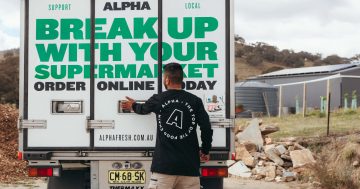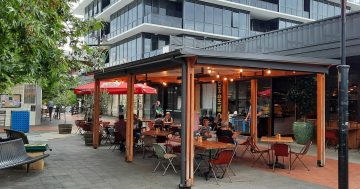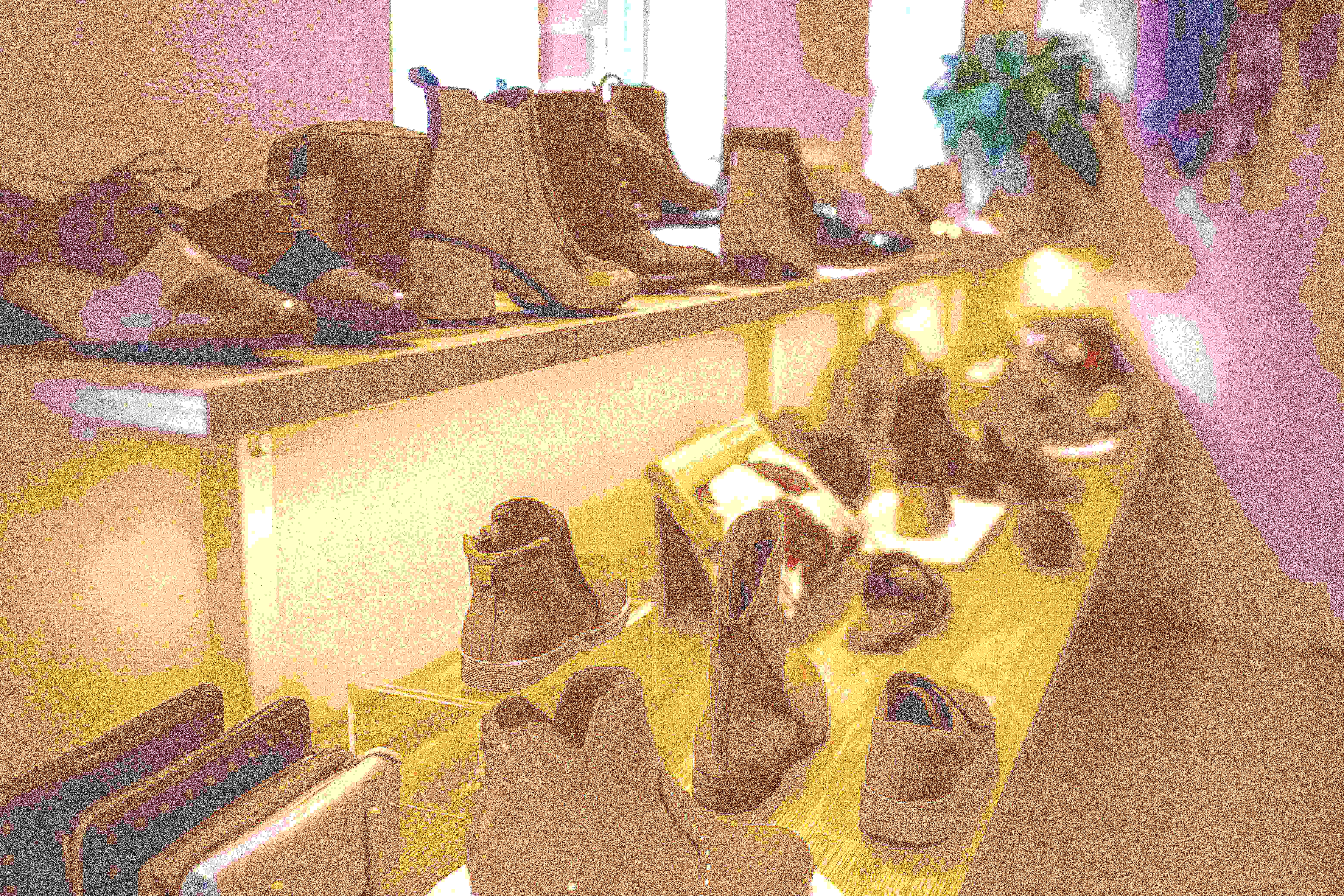
With all this talk of IKEA due to hit Canberra and the excitement about no longer having to make that long Sydney trek to collect our flatpacks of brightly coloured laminated furniture, it feels a little unhip to ask whether it’s actually in the best interests of the city to host this multinational.
But as I started fantasising about a house full of shiny laminated right angles, my husband called me out on the cognitive dissonance I apply in my purchasing.
We all do it.
It’s cool to buy locally grown food unless we want an exotic ingredient or a recipe calls for something out of season. It’s hip to support local coffee shops and restaurants but we get excited about the International credibility of having Jamie Oliver open up or visiting well marketed Aussie chains like Grill’d or Koko Black. We talk about the markets and boutique galleries but we sit at home with a hot choccie and shop on Etsy, supporting International artists and artisans while ignoring the wealth of talent on display in chilly sheds and suburban shopfronts on weekends.
IKEA sells some gorgeous stuff from cheap and flimsy impulse buys through to solid and value for money furnishings, but when we buy from them the only money that stays in Canberra is the wages of sales staff, rental and minimal admin. Not just business profits but manufacturing, administration and marketing all rain in some other financial eco-system. When we buy online even more of the money sinks into that black hole never to help keep our favourite coffee shop open or boutique strip buzzing.
Network marketing appears to be enjoying a surge in popularity as a compromise, a way to support local business, shop from home and socialise with friends all at the same time. The new hip line of network marketing businesses are clean, green and treat their staff well. I’m doing it too, and loving it.
When we hear about consumer confidence or spending levels being up or down across the Territory, I don’t believe we are necessarily spending more or less money, at least to the extent indicated, but I do see businesses struggling and entire communities showing a reversal in fortunes as certain suburban centres receive more or less favour. In many cases people are rejecting local industries saying “we can get that elsewhere”.
So let’s get our act together, Canberra. What can we do to get customers out on the street, in the community, eating at locally owned restaurants, shopping at locally owned boutiques and bringing home groceries from local farmers?





















